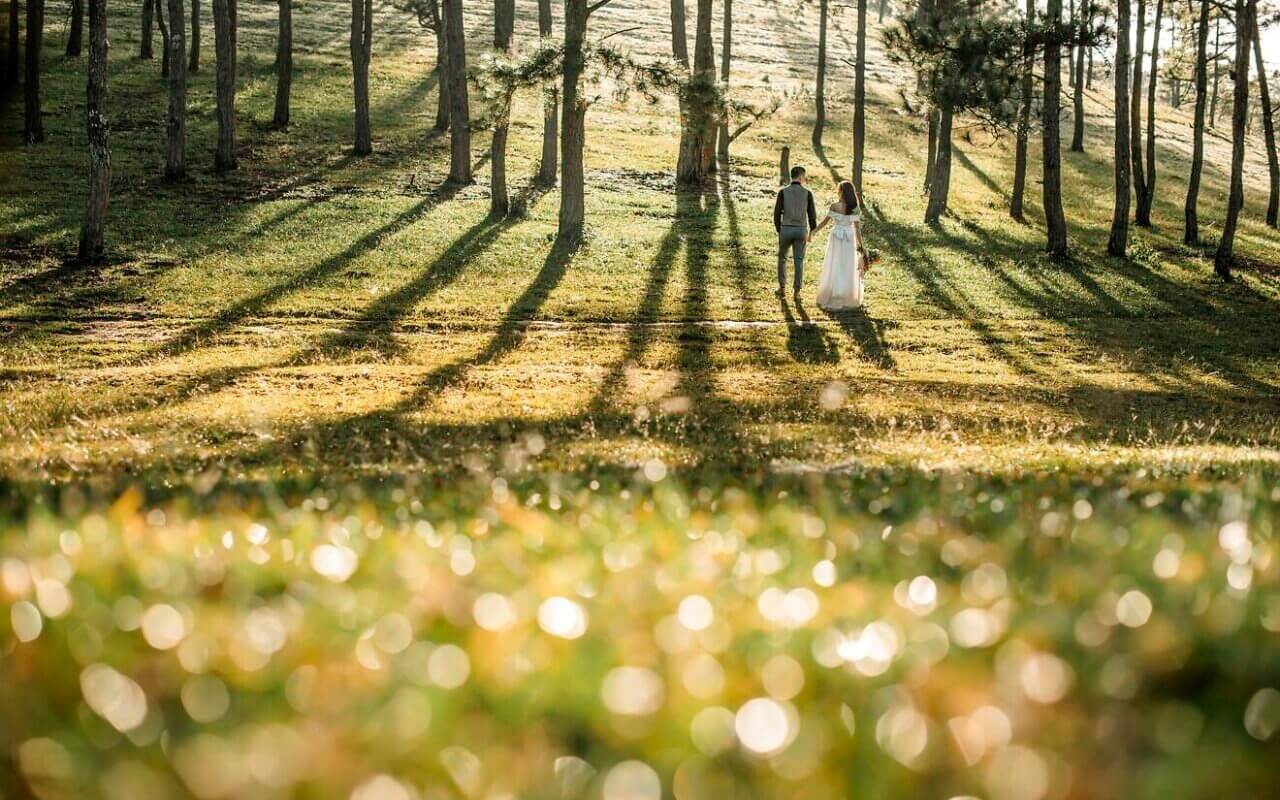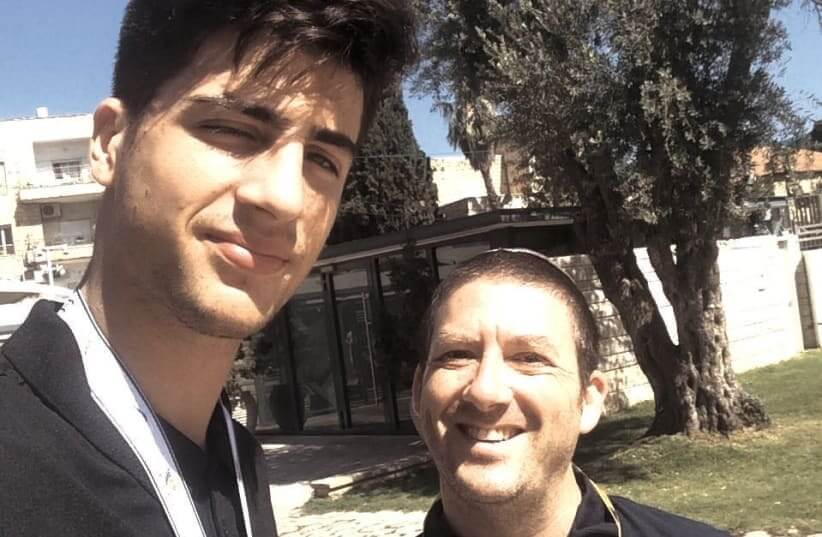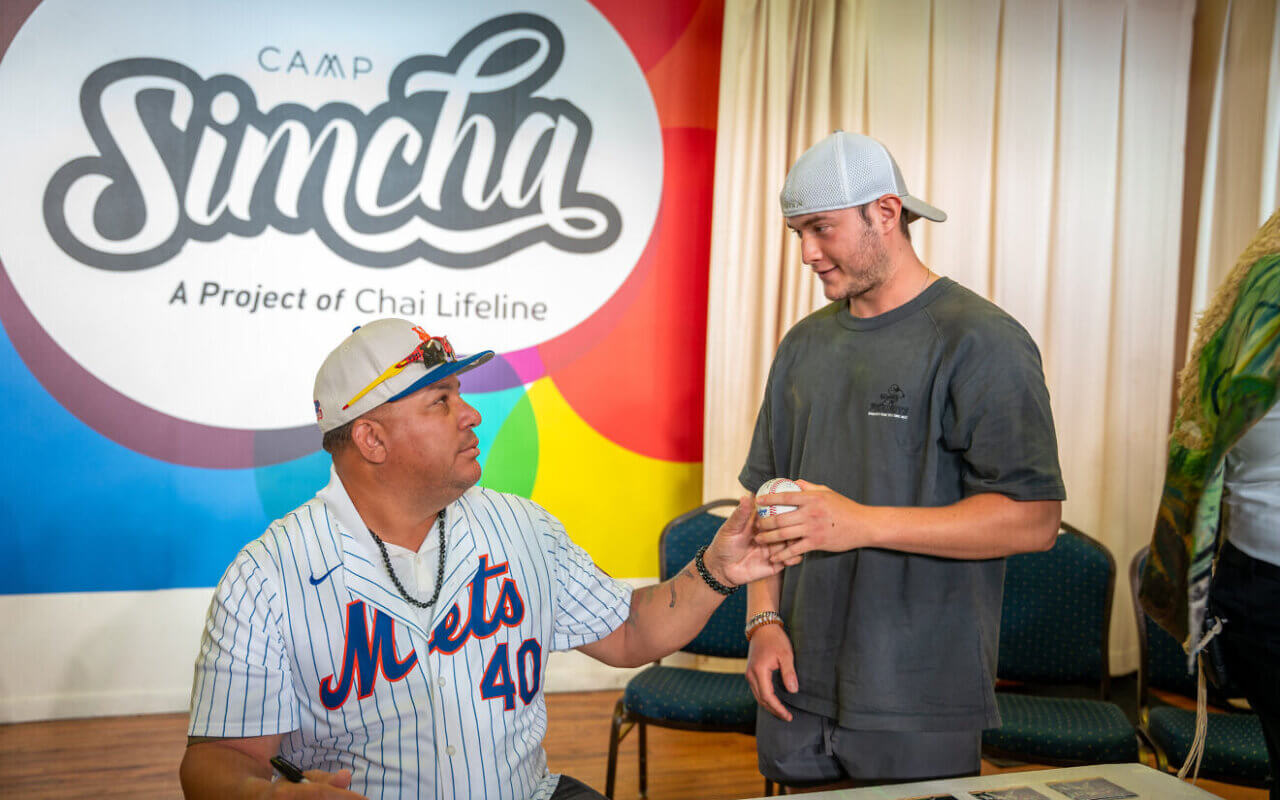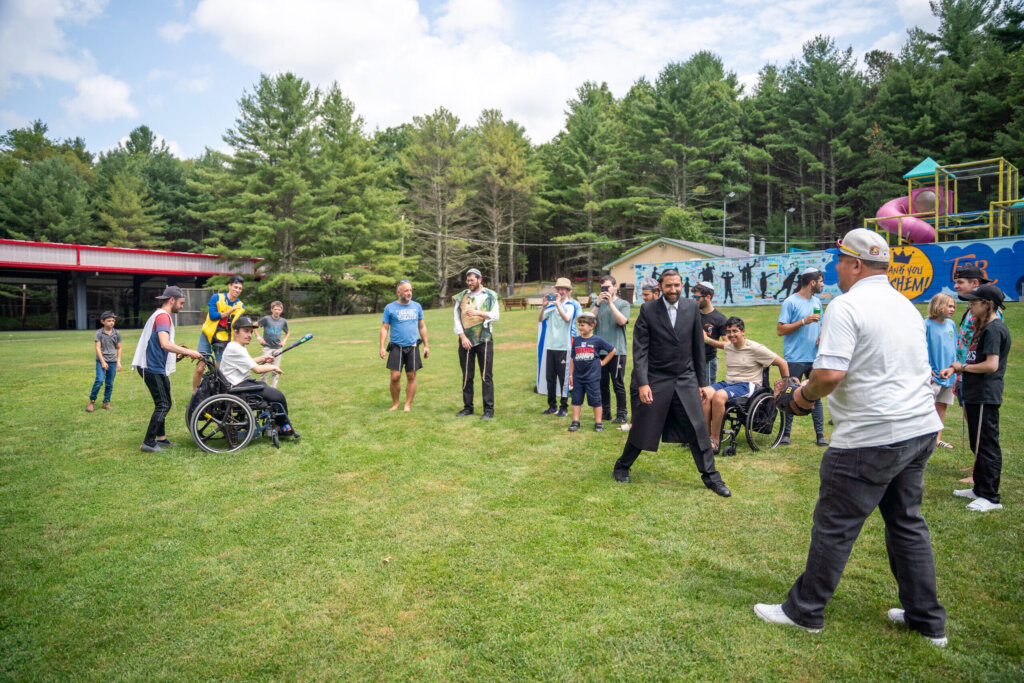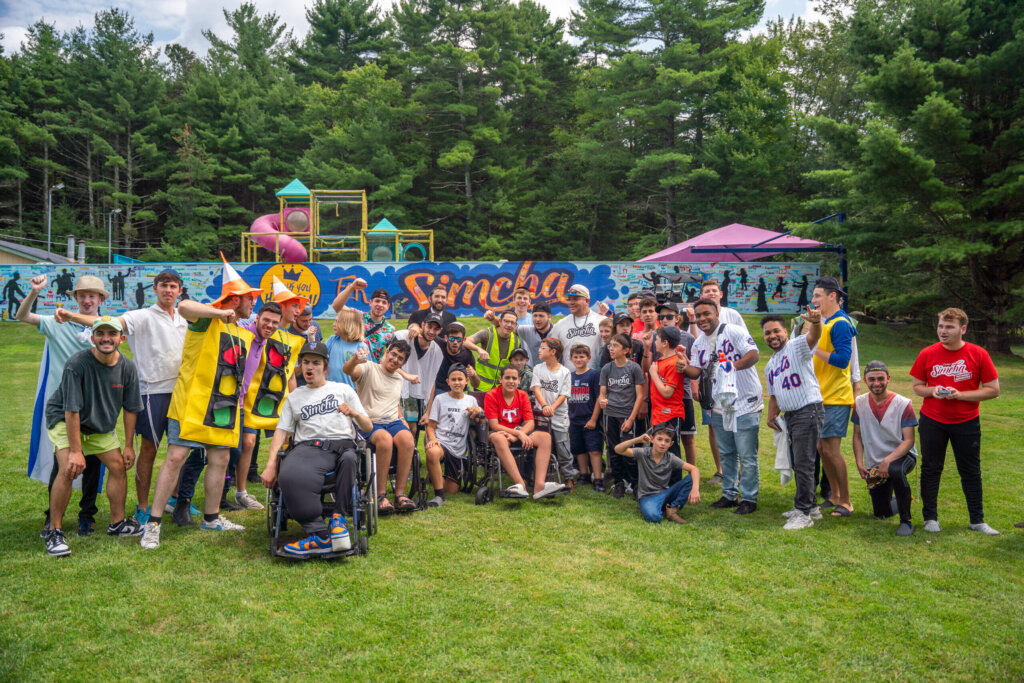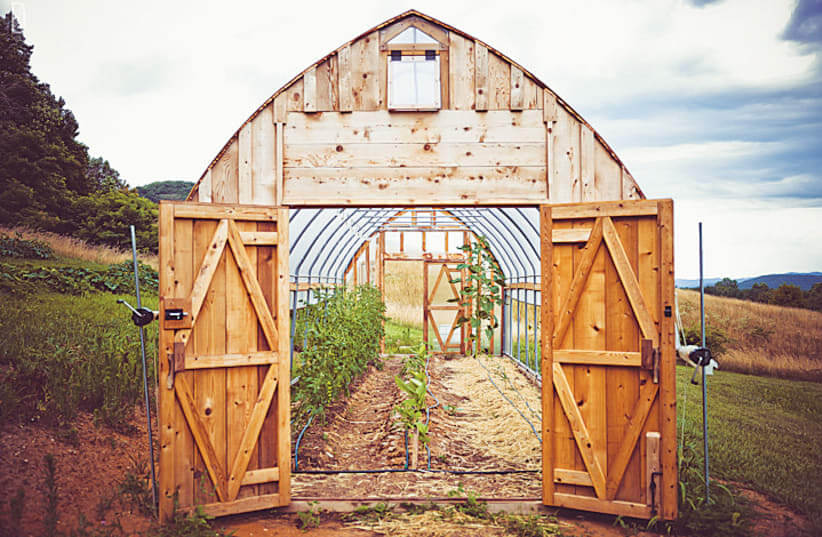The original article is published at JPost.com
MAHAZ’S FARMS sit in the Blue Ridge Mountains of Virginia, where fellows are taught skills related to regenerative agriculture and homesteading arts—all in a Jewish context.
In the Blue Ridge Mountains of Virginia (not far from Charlottesville), a diverse group of Jewish adults are taking a break from their careers and studies and spending four intense months as Mahaz Fellows. They spend their long days immersed in the rhythms and activities of two nearby farms where they are learning skills related to regenerative agriculture and homesteading arts—all in a Jewish context.
Jorian Polis Schutz, a Harvard graduate and world-traveler described on Mahaz’s website as a “writer, artist, publisher, curator, educator, land-steward, community builder, culture instigator, entrepreneur, yogi, and gentleman ecologist,” purchased the Virginia farms in 2013. Polis Schutz, who is also co-author of ‘An Introduction to Sabbath Agriculture’, founded the Mahaz Homestead Program in 2021
The fellowship’s thoughtfully chosen, unironic name, Mahaz–Hebrew for “outpost”– tells a lot about the goals and vision of the program. The root word of Mahaz– achaz /“hold” and “be held” provides an additional connection to the aim of the program. The website elaborates: “When we ‘hold’ the land, the land holds us, sustainably, intergenerationally, as a heritage. In this precarious time, we must establish outposts where we can re-learn to root ourselves in sacred relationships with our living home and stronghold (ma’oz) — its contours and micro-climates, its ecological expressions and seasonal successions, and its wider community inter-connections.” Finally, they point out that the two-letter root of the letters aleph and het suggests vision, as in hozeh (a seer), suggesting that returning to the land guides us toward balanced living and richness.
This year’s eight fellows, ages 21-38, and the fellows from the past three cohorts, come from across the United States from careers in finance, the arts, education, social work, nonprofits and even from the field of agriculture. The fellows, who share a curiosity and desire to be close to the land and to develop practical skills very few of their peers back home possess, often learn of the program by word of mouth. While the program has a website and shares word of their mission and program on more conventional Facebook groups and Listservs, program director, Miri Kaiser and director of education, Rabbi Psachyah Lichtenstein, strive to preserve the intimacy of the program and their project. Kaiser offers, “We treasure human relations and our genuine circle of people who treasure farming.”
Kaiser reports that interest in Mahaz “sprouted” (her words) around the time of Covid. “People were shaken from their habitual lifestyle and were seeking something slower, some grounding, something more substantial.” While the farms initially offered more informal apprenticeships, this “influx of interest” led to the fellowship program. This pleases Kaiser, who observes that there has been a “divorce of Jewish peoplehood and their relationship to the land and agriculture.”
Lichtenstein sees this relationship as foundational in Judaism and feels strongly that Jewish farming is not just one more way to express one’s Judaism. “The connection of Jewish tradition and culture and farming is not just one more avenue to connect Jewishly, but it is the primary way to connect the creator to creation. It is the foundation of Jewish culture, born out of a time we were connected to the land and our food system.” He proceeds to offer biblical and historical examples from the Hebrews tending the land and taking care of sheep in Goshen, to working the land in the times of the prophet Jeremiah.
In their four months on the farms, fellows work in a range of horticultural projects including vegetable and medicinal gardens, fruit and nut orchards, and ecological landscaping. Expectations for full participation in the long, often hot and repetitive tasks of farming from 8 am to 5 pm Mondays through Fridays are high. Approximately 16 hours a week are spent farming, 16 learning and two at “community circles.” In most cases, they are expected to be able to lift a 40-pound bag and be ready to work in the rain and during the summer heat. Fellows receive a monthly stipend.
One Shabbat a month is spent as a community on the farm, though participants are welcome and often elect to stay for other Shabbatot.
Work on the farm, which meets seasonal and project needs, often includes planting, weeding and irrigating in the gardens, collecting and washing eggs, assisting with animal care, preservation in the pantry kitchen, herbal processing in the apothecary, landscaping and forestry.
The 16-hour weekly enrichment curriculum includes Intro to Farming, Jewish Studies and homesteading arts. The farming class includes lectures, group discussions and hands-on components as fellows learn to build their own garden beds, maintaining healthy soil, composting and more.
Jewish studies classes explore cycles, rhythms and themes of Jewish tradition within the context of agricultural processes and land stewardship. Lichtenstein offers an example of learning Jewish texts in class and applying it in practice. “You can learn the (biblical) laws of leket and peah for days on end and all the nuance, but when you actually grow a field and grow produce and harvest and grind and bake, gratitude rises out of the food itself because it is not separate from the bread—you see and appreciate it and it puts you in a reverent state. We teach reference through our connection with the food system.”
Homesteading arts offers exposure to such crafts and skills as bushcraft, woodworking, cobb building, leatherwork, broom making and fermentation.
On the day that Lichtenstein and Kaiser spoke with the Jerusalem Post by Zoom, students had been studying about perennial systems. More specifically, they were learning about the best ways to tend and maintain raspberry bushes.
Josh Weinstein, 36, a systems engineer who lived in New Haven, Connecticut prior to the start of the program, describes Mahaz as a “one of a kind experience.” It is also a radical departure from what he describes as “the last thirteen years (at various companies) on the computer all day.” Weinstein has enjoyed learning, living and working side by side with the other fellows who come from diverse Jewish backgrounds and considers the setting to be “one of the most beautiful places I’ve ever been” as it is “like a painting in all directions.”
Weinstein is proud of the range of activities he has engaged in thus far and in the skills he has developed. “We built a large garden from scratch and tend it, we raise chickens, collect eggs, and help raise cows for meat.” In addition, he is pleased that he has learned wilderness skills and such crafts as whittling. Weinstein also appreciates the careful thought and attention and Jewish approach which goes into every aspect of the farm. “They are really thoughtful about how they treat the land and relate to animals.”
Weinstein credits Rabbi Lichtenstein as “the reason I am here” and enjoys the ongoing opportunities to “study torah of the earth.” Through his Jewish learning in such a hands-on setting, the laws of Shabbat melachot (work) became more relevant. The fellowship also provided Weinstein with his first opportunity to observe shechita, Jewish ritual slaughter. “I participated in the shechita of four sheep—it was very intense—we kept and tanned the hides. It changed my perception of tefillin, mezuzot and torah scrolls.”
When the fellowship ends at the end of the summer, some fellows may elect to work on this farm, move on to larger farms, or even build their own homesteads. Brocha Leah Barmatz, 23, who has grown up in Postville, Iowa, Brooklyn, New York and Lakewood, New Jersey and has traveled extensively, was a Mahaz fellow two years ago, and now lives on the farm. She initially
responded to a post by Kaiser on Facebook and was immediately drawn to the program. “I was blown away by the interview, by the types of questions Miri asked,” Barmatz recalls. “I never realized a culture like this, which took an interest in youth development existed.” She loves how “each individual (in the fellowship program) is a big part of things and fit together in to a wholesome unit.” Barmatz found the work on the farm to be fulfilling. In addition, she reports, “I was so grateful for the learning opportunities, the quiet, the slowness and how it was so nourishing for me.”
Barmatz decided to return and now is responsible for managing a small garden of kale, cabbage, beans, turnips, zucchini and culinary herbs, she helps with Mahaz logistics, and she is part of “the home team,” helping plan workshops in such areas as crafts, laser cutting and pottery. She has also helped bring some of Mahaz’s ideas to the larger Jewish world. She and a partner attended the Sababa Music Festival in New Jersey where they set up a booth for Refualary, another farm department, which considers itself “a Jewish space for herbal healing arts and community.”
Kaiser and Lichtenstein are always pleased when fellows take what they learned at Mahaz and share it in the world. Kaiser notes, “I hope they will go out and teach what they’ve learned. When it is genuine, there is a natural contagion to it,” Kaiser notes. She shares proudly the story of one student who went back to her community in Brooklyn and taught others to make elderberry syrup, while another student grew tomatoes on her Brooklyn balcony. “They will always have the skills. They will generate their own effect. It is important that they find a niche they love.” Lichtenstein is similarly proud of his alumni and their newly acquired skills. “They are part of their tradition and steeped in what it means to be human.”
